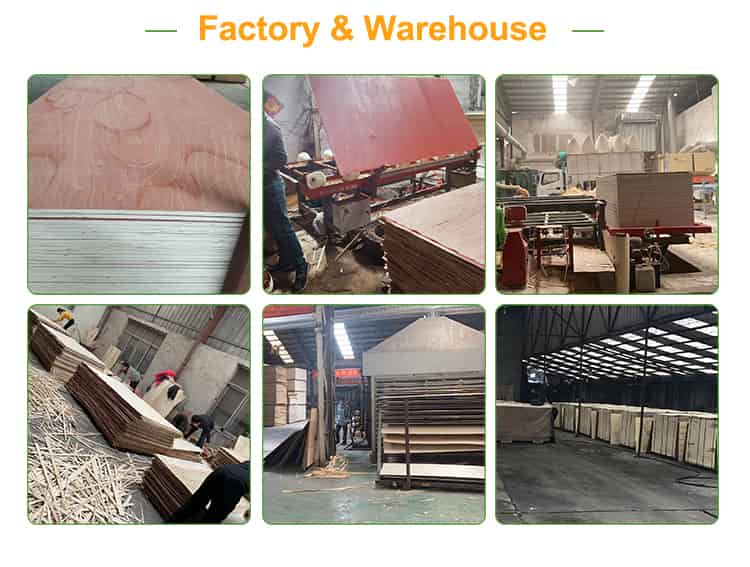Vietnamese plywood has emerged as a global player in the timber industry, thanks to its high quality and competitive prices. Vietnam is one of the largest producers of plywood in the world, with a production capacity of over 4.5 million cubic meters per year. The country’s plywood industry has been growing rapidly in recent years, driven by both domestic and international demand. In this article, we will explore some of the key characteristics of Vietnamese plywood that make it a popular choice among buyers around the globe.
One of the most distinctive features of Vietnamese plywood is its diversity. The country produces a wide range of plywood products, including MDF (Medium Density Fiberboard), film faced plywood, birch plywood, and more. This variety allows buyers to choose the type of plywood that best suits their needs, whether they are looking for something sturdy and durable or lightweight and easy to work with. Additionally, Vietnamese plywood is known for its consistent quality, which is achieved through strict quality control measures implemented by manufacturers.
Another factor contributing to the popularity of Vietnamese plywood is its affordability. Compared to other countries in the region, such as China and Malaysia, Vietnam offers lower labor costs, which translates into more competitive pricing for consumers. Furthermore, the country’s favorable trade policies have helped to reduce import duties and other barriers to entry, making it easier for Vietnamese plywood to enter new markets. As a result, Vietnamese plywood is often seen as an attractive alternative to more expensive options from other countries.
In terms of environmental impact, Vietnamese plywood also has several advantages over other types of wood products. Many manufacturers in the country use sustainable forestry practices, ensuring that their raw materials come from well-managed forests. Additionally, Vietnamese plywood is often treated with non-toxic chemicals, reducing its impact on human health and the environment. These factors have helped to build trust among buyers who are concerned about the ecological footprint of their purchases.
The global market for Vietnamese plywood is expected to continue growing in the coming years, driven by rising demand from emerging economies such as India and Southeast Asia. As the country’s production capacity expands, Vietnamese plywood is likely to become even more competitive on the global stage, further cementing its status as an emerging player in the timber industry. With its diverse product offerings, competitive pricing, and commitment to sustainability, Vietnamese plywood is poised to play a significant role in shaping the future of the global timber market.

